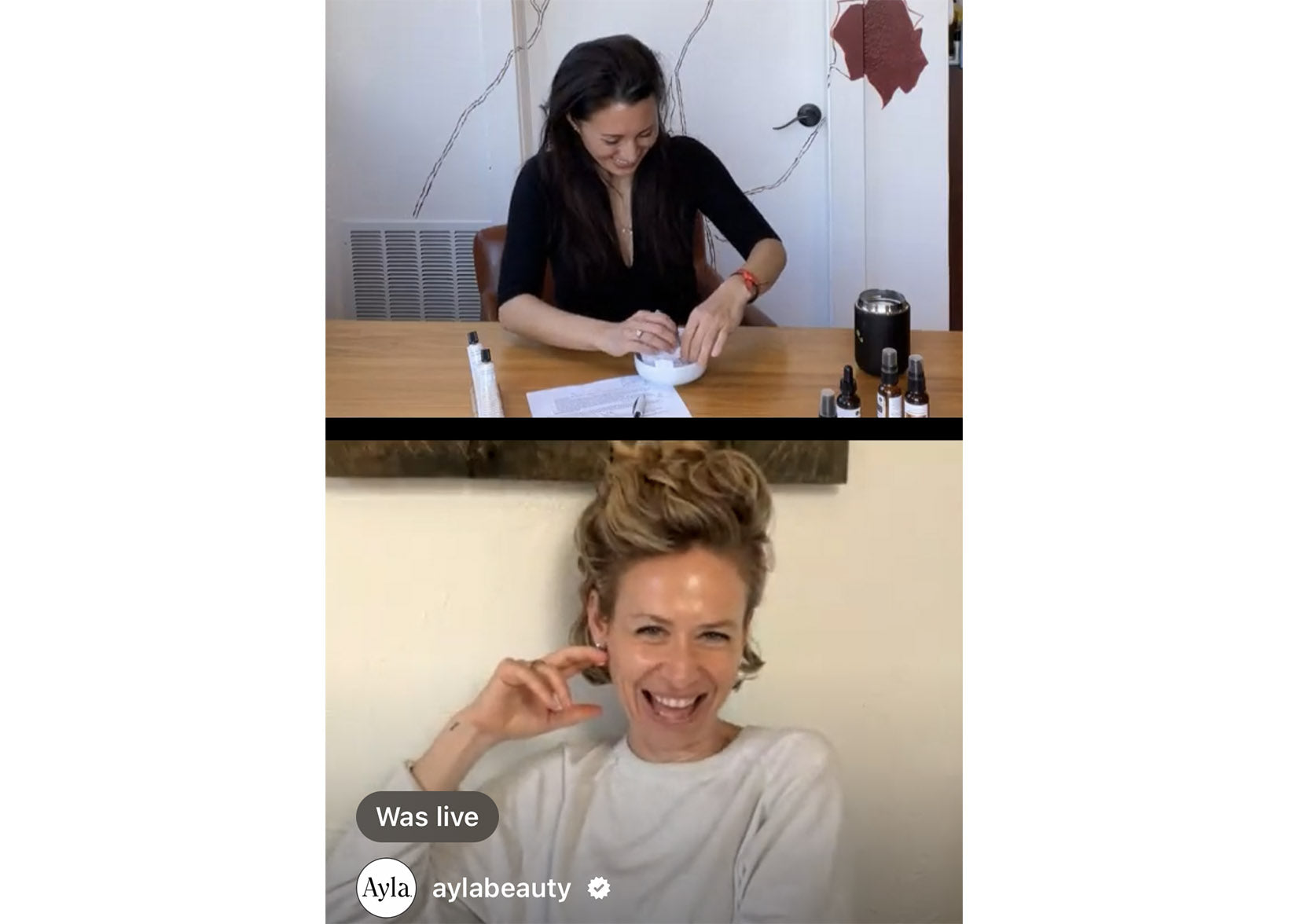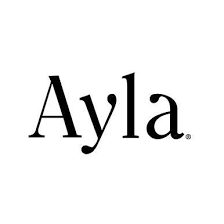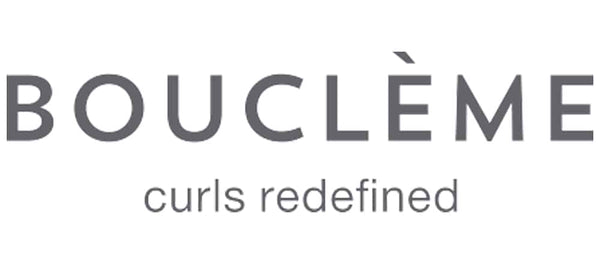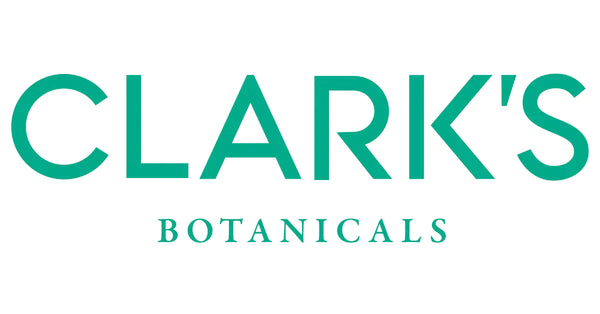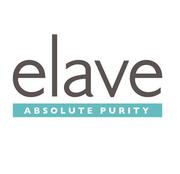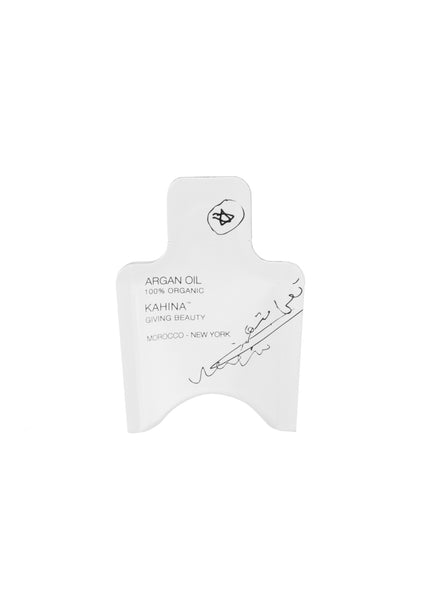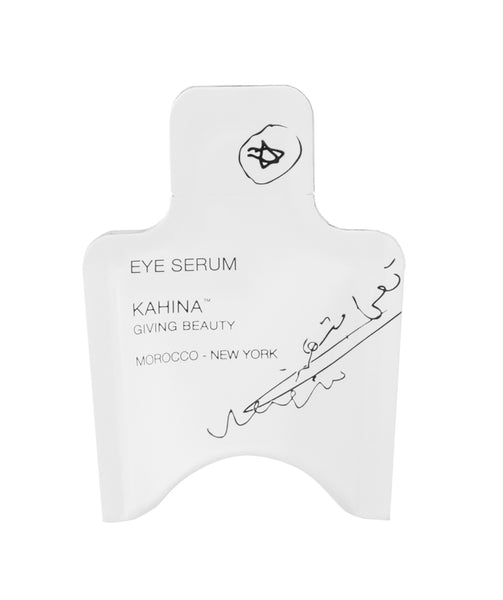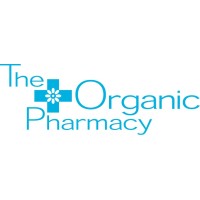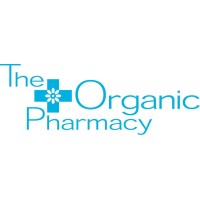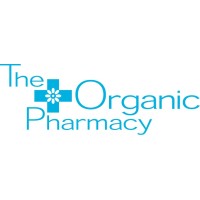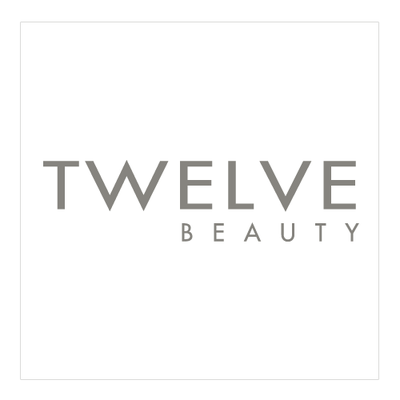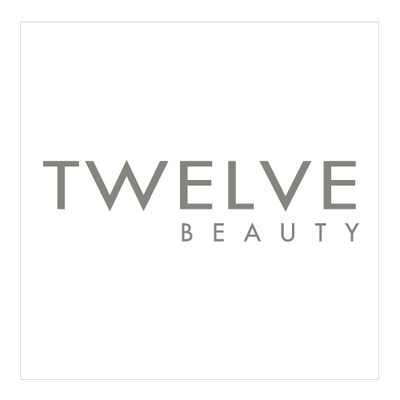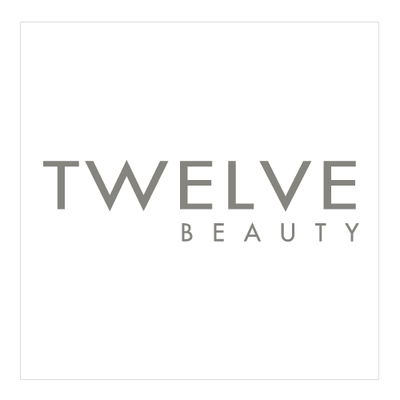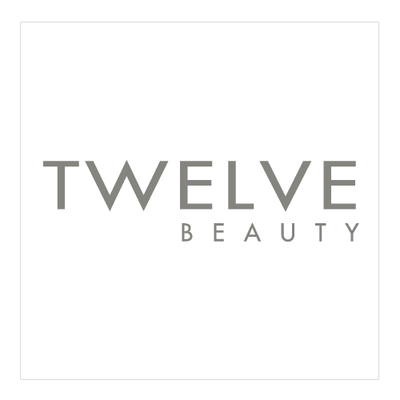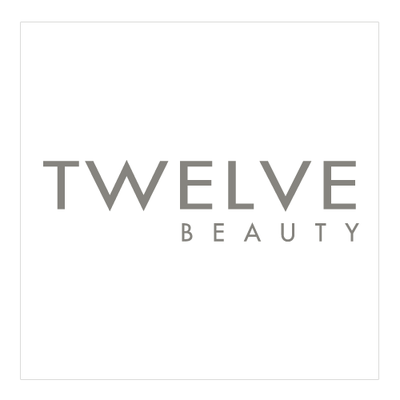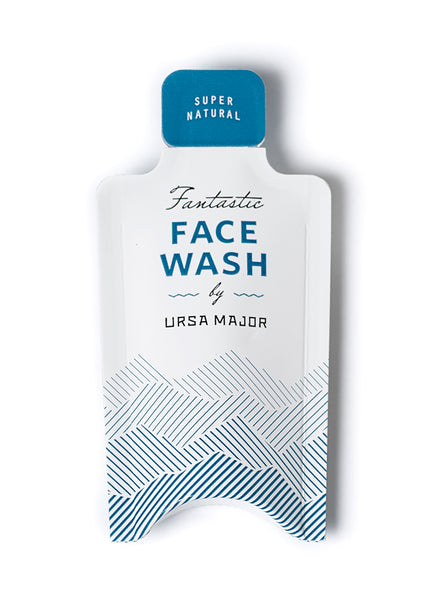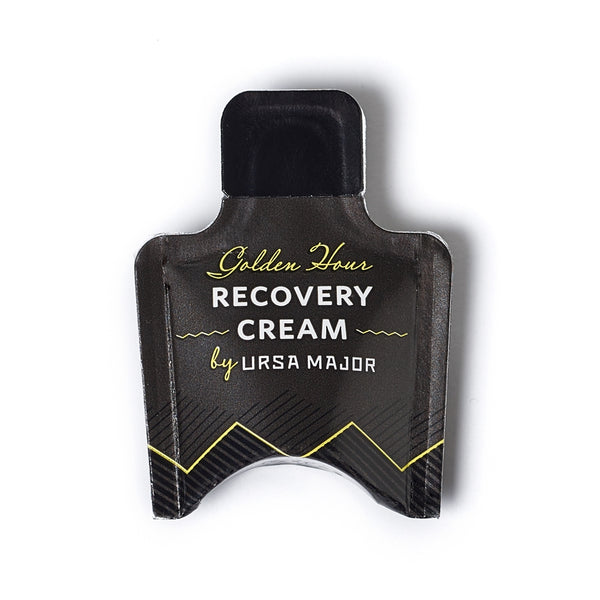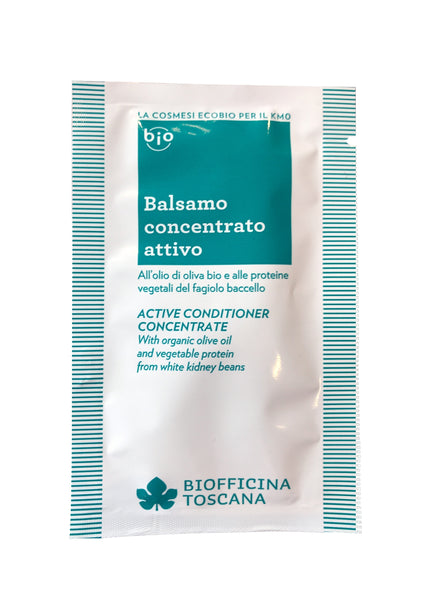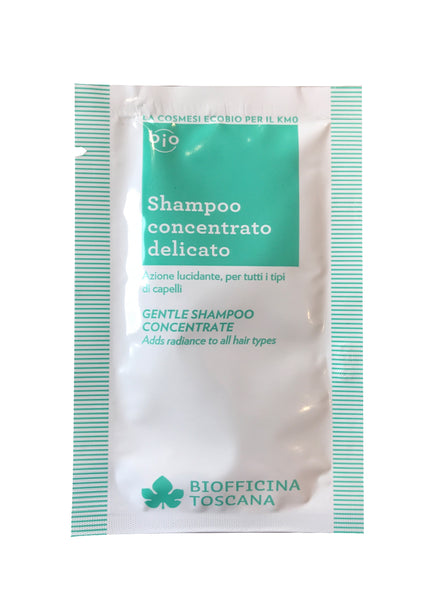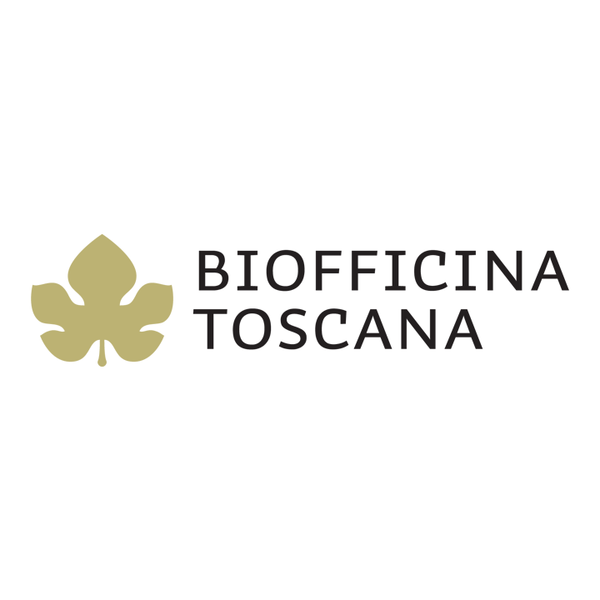Recent Articles
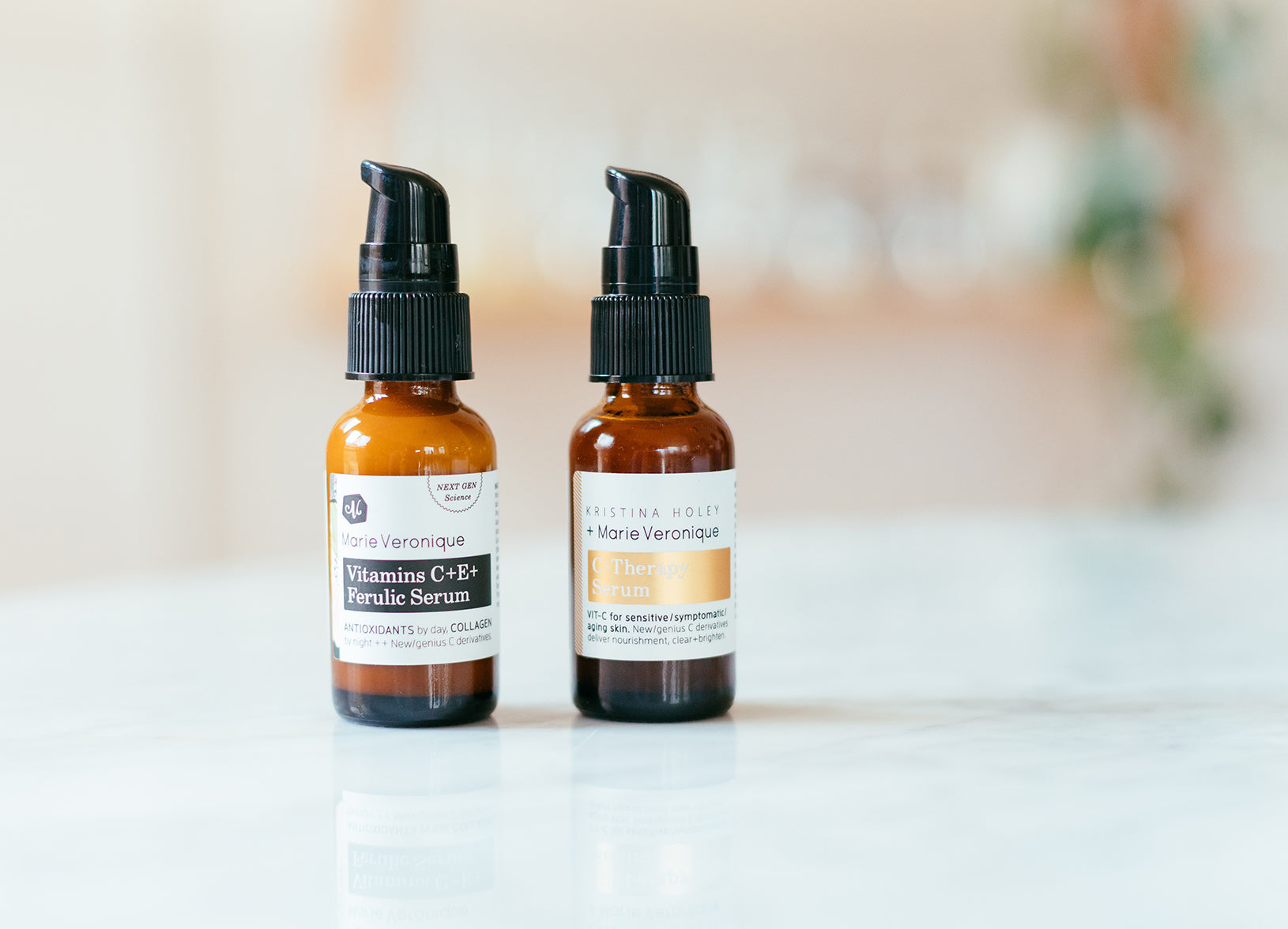
“I think I need a Vitamin C serum.”
It’s something we hear from a lot of you, and you’re right: you probably do. Aside from sunscreen, it’s the one thing we’ve heard skin genius Marie Veronique — who will sometimes advise people to just wash their faces with plain yogurt — say that we all actually need for our skin.
And yes, we need it for its fantastic antioxidant capabilities. We also need it for its ability to inhibit hyperpigmentation. And we really need it to boost collagen. You may already know all of these things.
What you may not know, though, is that this ingredient — which until now has been considered one of those “brace yourself, this is going to sting” type of actives — can, when formulated properly, have myriad additional benefits. It can calm. It can prevent breakouts. It can even soothe rosacea. That’s right: this “hurts so good” ingredient can actually have extraordinary healing properties, even for those delicate flowers among you.
But here’s where it gets tricky: the type of Vitamin C matters. The delivery system matters. And the quality of thinking behind the formula as a whole really, really matters when it comes to Vitamin C, because an improperly chosen type of Vitamin C, in the wrong delivery system, in a less-than-thoughtful formula, can sensitize your skin like crazy.
Who better to cut through all of this madness than the brilliant Marie Veronique, whose own collagen levels are a sight to behold? Read on for our interview with her. As always, it's full of highly entertaining little nuggets.
***
Ayla: Given that you focus on encouraging skin health — so that skin can do what it’s intended to do — you very rarely tell anyone that their skin needs something. But you have told us that skin needs Vitamin C! Tell us more about this. Why is it so essential?
MARIE-VERONIQUE: Your skin certainly needs micronutrients in order to stay healthy, so there are certain basics every skin needs. Your body does not store Vitamin C, so you need to get it from your diet; without it, you will develop scurvy and eventually die. If you don’t supply Vitamin C topically, your skin will stop making collagen and get progressively more wrinkled. Exposure to UV along with no topical Vitamin C is a recipe for developing wrinkled, leathery, hyperpigmented skin much earlier than you need to, because nature is going to utilize all the Vitamin C it gets from dietary sources to keep the body functioning smoothly.
So, what I mean by “your skin needs Vitamin C” is that it needs Vitamin C from a topical source that delivers the micronutrient into the fibroblasts so that it can hydroxylate proline to make collagen. Without Vitamin C, this process does not happen.
Just remember: Collagen begins with C. No Vitamin C, no collagen. Without C = wrinkles. So okay, wrinkles won’t kill you like scurvy, but no one wants them to arrive prematurely.
Ayla: What do you think about antioxidant serums that contain other antioxidants instead of Vitamin C? Why would you suggest a Vitamin C serum over another type of antioxidant serum?
MARIE-VERONIQUE: Vitamin C is a good antioxidant, and there are other antioxidants that are also fine: Co-enzyme Q, alpha lipoic acid, etc. But only Vitamin C goes above and beyond, e.g., inhibits melanogenesis and hydroxylates proline to make collagen.
You can use other serums, but if you want to forestall wrinkles, you need vitamin C and retinol in your serums. The rest — peptides, antioxidants from the higher reaches of K2, stem cells from orchids — it’s all baloney.
Ayla: You’ve noted that it is actually quite common to experience sensitized skin due to the use of poorly-formulated serums containing L-ascorbic acid. What does this sensitization look and feel like, and why does it happen?
MARIE-VERONIQUE: If you put acids on your face too often, especially strong acids, it lowers the pH of your acid mantle — the top layer of skin that acts as a protective barrier. That pH is around 5.5. You should never put anything below pH 3 on your skin.
Ascorbic acid in liquid becomes more acidic over time (it oxidizes), so adding a powder to a liquid will lower the pH below 3 quickly. Do this repeatedly, and your skin becomes more sensitive. I don’t know why people who would cringe at the thought of putting sulphuric acid on their faces don’t think twice about putting improperly formulated ascorbic acid on their poor, harmless skins! It’s not a strong acid, but repeated doses of a weak acid can be just as harmful.
Ayla: Let’s dig into improperly formulated ascorbic acid for a moment. We are typically told that the main reason to avoid L-ascorbic acid is its stability, or lack thereof — it breaks down very quickly. What about the powder forms that we see on the market from time to time? Does this sidestep the problem entirely?
MARIE-VERONIQUE: Yeah, as long as you don’t put the powder on your face!
Seriously, put ascorbic acid in water, and it oxidizes — and the pH is lowered. Even if you apply the mixture immediately after it is dissolved, it doesn’t penetrate: it simply evaporates and sits on the surface of the skin.
Put ascorbic acid in oil, and it clots up and does the same thing — sits on the surface and irritates.
The powder forms are the absolute worst. They provide no benefits except exfoliation (which you can get with lactic acid, much more safely), and with a lot of downside: irritation, redness, even breakouts. And that is a bummer because you don’t want to miss out on the benefits that Vitamin C has at the cellular level.
Ayla: Other Vitamin C serums that do not contain L-ascorbic acid typically only contain one Vitamin C derivative. Can you break down the different types of Vitamin C that are found in C-Therapy and why you chose to use them? Are there any other Vitamin C derivatives you considered but decided not to include?
MARIE-VERONIQUE: Vitamin C derivatives can go to different parts of the skin to perform different tasks; that’s how they contribute to the healing process. Sodium ascorbyl phosphate clears the pores of oxidized debris, so it’s great for stubborn acne; magnesium ascorbyl phosphate limits hyperpigmentation if you want to avoid age spots; tetrahexyl decyl ascorbate goes to the fibroblasts to make collagen and avoid wrinkles; and glyceryl ascorbate moisturizes in addition to limiting hyperpigmentation.
I left out ascorbyl palmitate and other first generation derivative C-esters because they are a bit old school. We chose the latest and greatest derivatives, which are very efficient as well as stable.
Ayla: You now present all of us lucky skincare enthusiasts with two excellent Vitamin C options. How should we choose between the two?
MARIE-VERONIQUE: For sensitive skin and special conditions like dermatitis, acne, and hyperpigmentation, use C-Therapy. If you want a beautiful stabilized ascorbic acid and have no sensitization issues, use Vitamins C+E+Ferulic.
If you want antioxidant protection by day and special treatment by night, use both. For example, I use C-Therapy at night for my aging skin and Vitamins C+E+Ferulic by day for protection.
***
Isn't Marie great? Read more about her brand here, learn how the Kristina Holey + Marie Veronique collaboration came about here, and shop the full lineup here.

